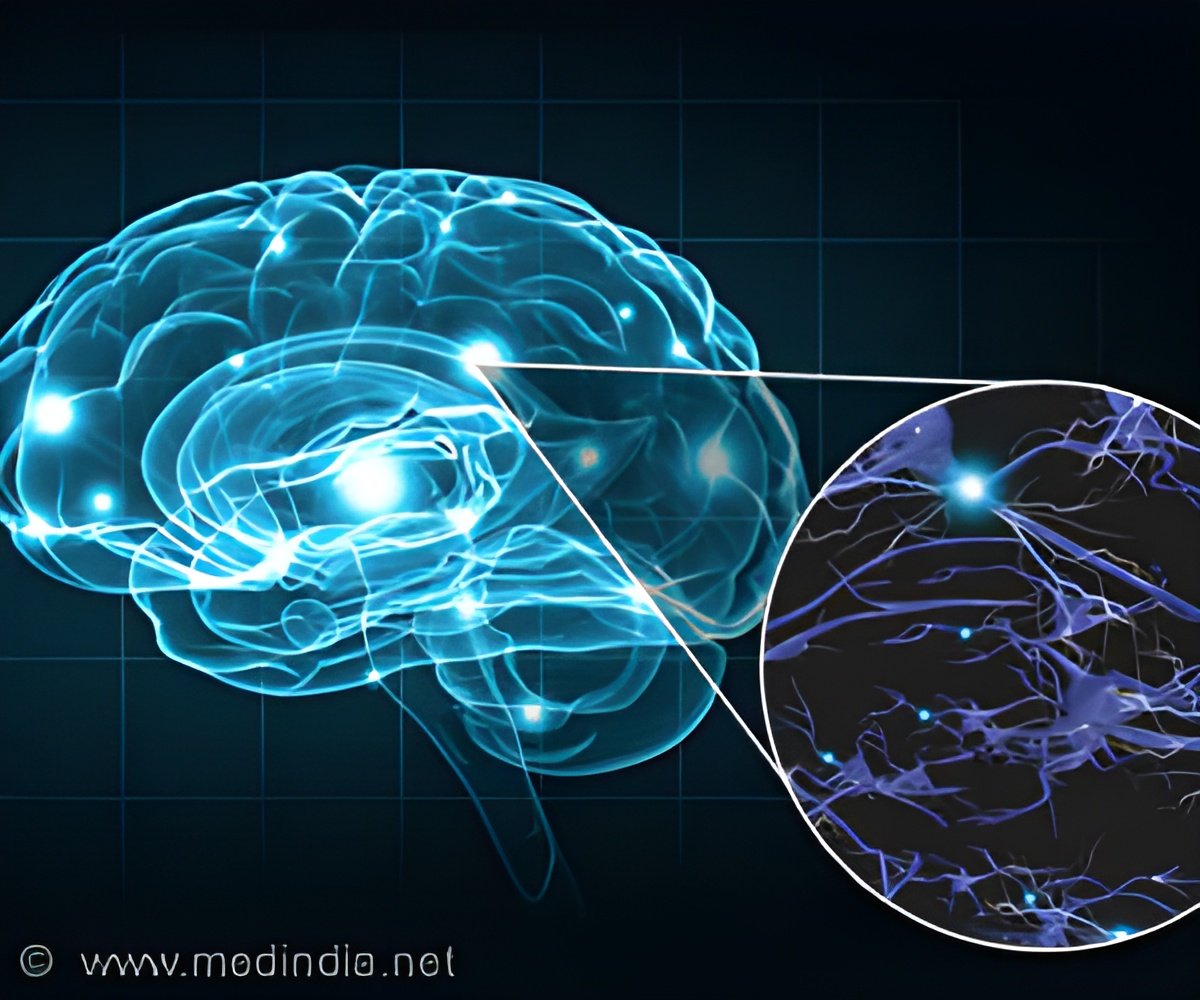Early symptoms of Huntington’s disease (HD) such as psychiatric and cognitive symptoms have been found to affect the glial cells of the emotional brain.

‘Early symptoms of Huntington’s disease (HD) such as psychiatric and cognitive symptoms have been found to affect the glial cells (oligodendrocytes) of the emotional brain (limbic system). This portrays the need for more attention towards cognitive symptoms in the development of new HD treatments.’





It commonly affects the brain. Earlier researches have so far focused mainly on the motor impairment that generally occurs at a very advanced stage of this fatal disease. Emotional Brain and HD
However, the present study shows that the emotional brain – the limbic system – is affected earlier in the course of the disease. HD was found to be associated with the changes in the oligodendrocytes (a glial cell that covers neurons) in the emotional brain.
“Our results show that the emotional brain is affected at an early stage, and that this can contribute to the development of psychiatric and cognitive symptoms, which are the most difficult for the patients and their relatives. It is not only nerve cells that are affected, but also other cells, oligodendrocytes, which enable communication between different parts of the brain, that are affected early in the course of the disease”, says Åsa Petersén, professor of neuroscience at Lunds University and senior consultant in psychiatry at the Huntington Centre in Lund.
This portrays the need for more attention towards cognitive symptoms in the development of new treatments for HD.
Advertisement









